News and How to Use It: What to believe in a fake news world
Canongate, $32 hb, 319 pp
Breaking the covenant
Is there a profession on Earth more mythologised than journalism? It’s hard to think of one. All that talk about the principles of the Fourth Estate, of keeping the powerful in check and guarding the public interest. In the days of well-funded journalism, university graduates were ushered into weekly shorthand training and could not advance further until their hand flew across the page at an unlikely 140 words per minute. Distinct from other forms of employment, the newspaper ‘profession’ (or is it a trade?) developed a weird and delightful lexicon around its daily production: page layouts were ‘furniture’, sub-editors were taught to avoid ungainly paragraph breaks known as ‘widows’ and ‘orphans’, while copy that was spaced out too sparsely was deemed to be ‘windy’. Meanwhile, many journalists, myself included, were seduced by the clubbish and contrarian quality of the profession, with offices resembling pool halls after 10 pm, rather than formal workspaces. There were certainly no key performance indicators to abide by, let alone an annual performance review.
Continue reading for only $10 per month. Subscribe and gain full access to Australian Book Review. Already a subscriber? Sign in. If you need assistance, feel free to contact us.


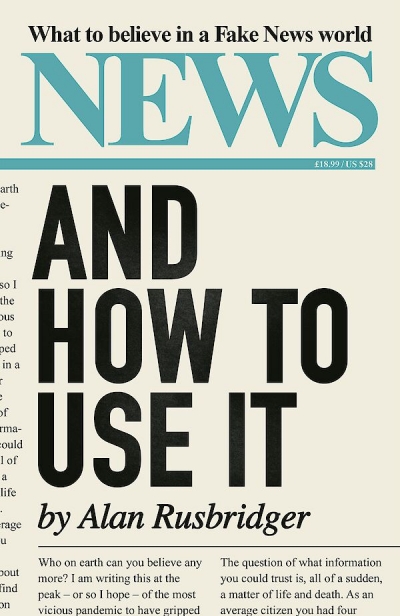
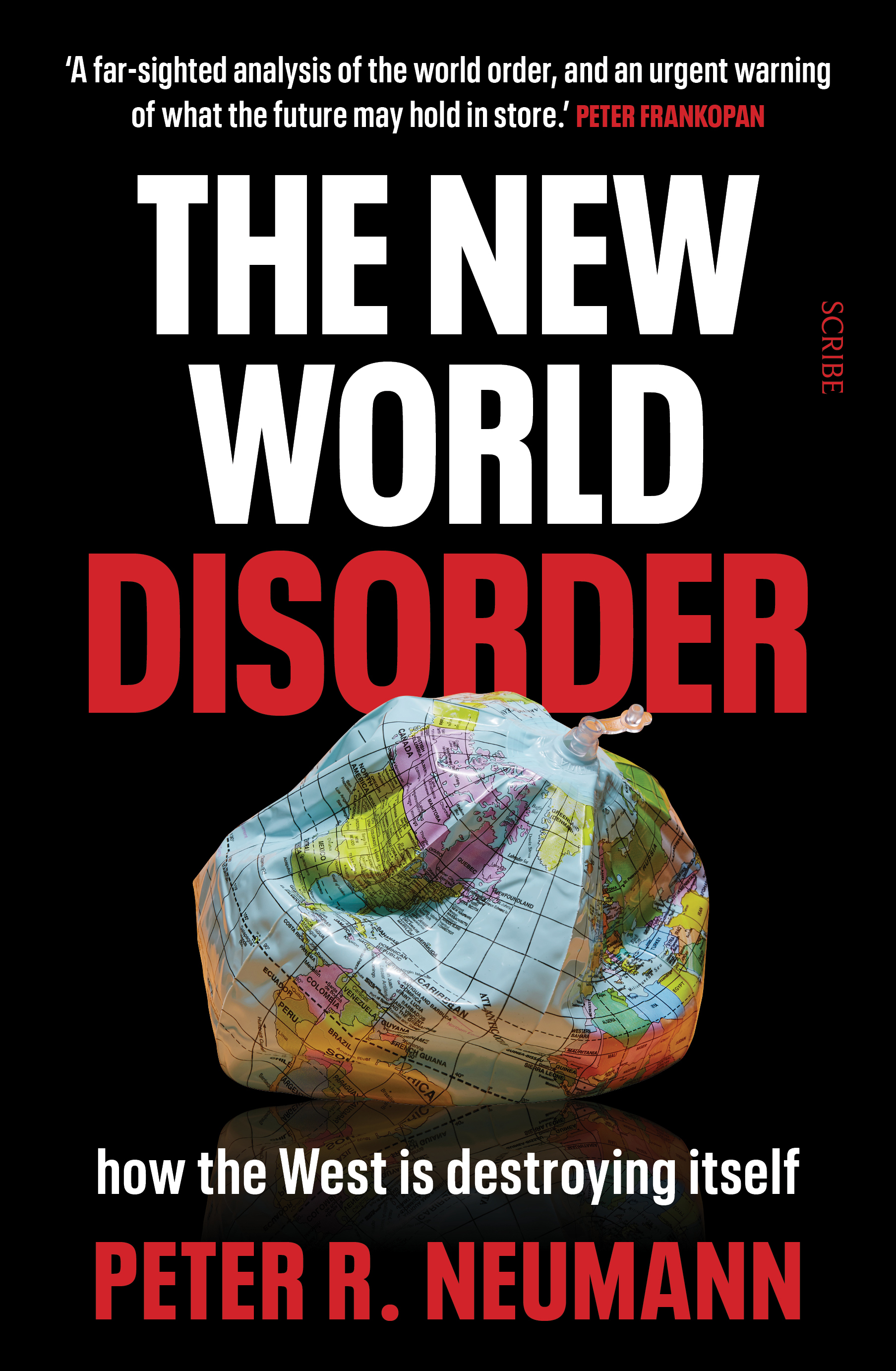
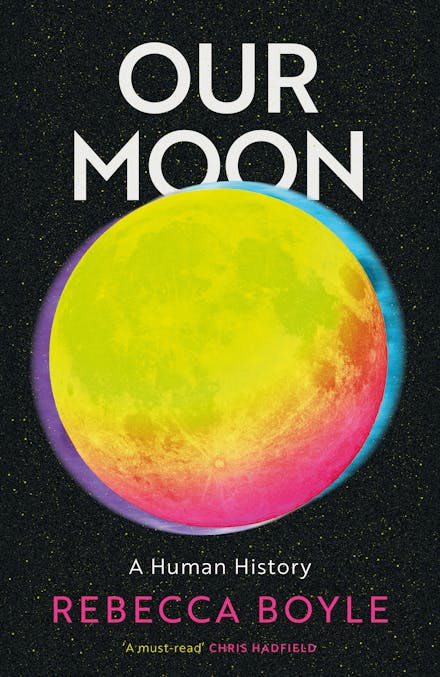
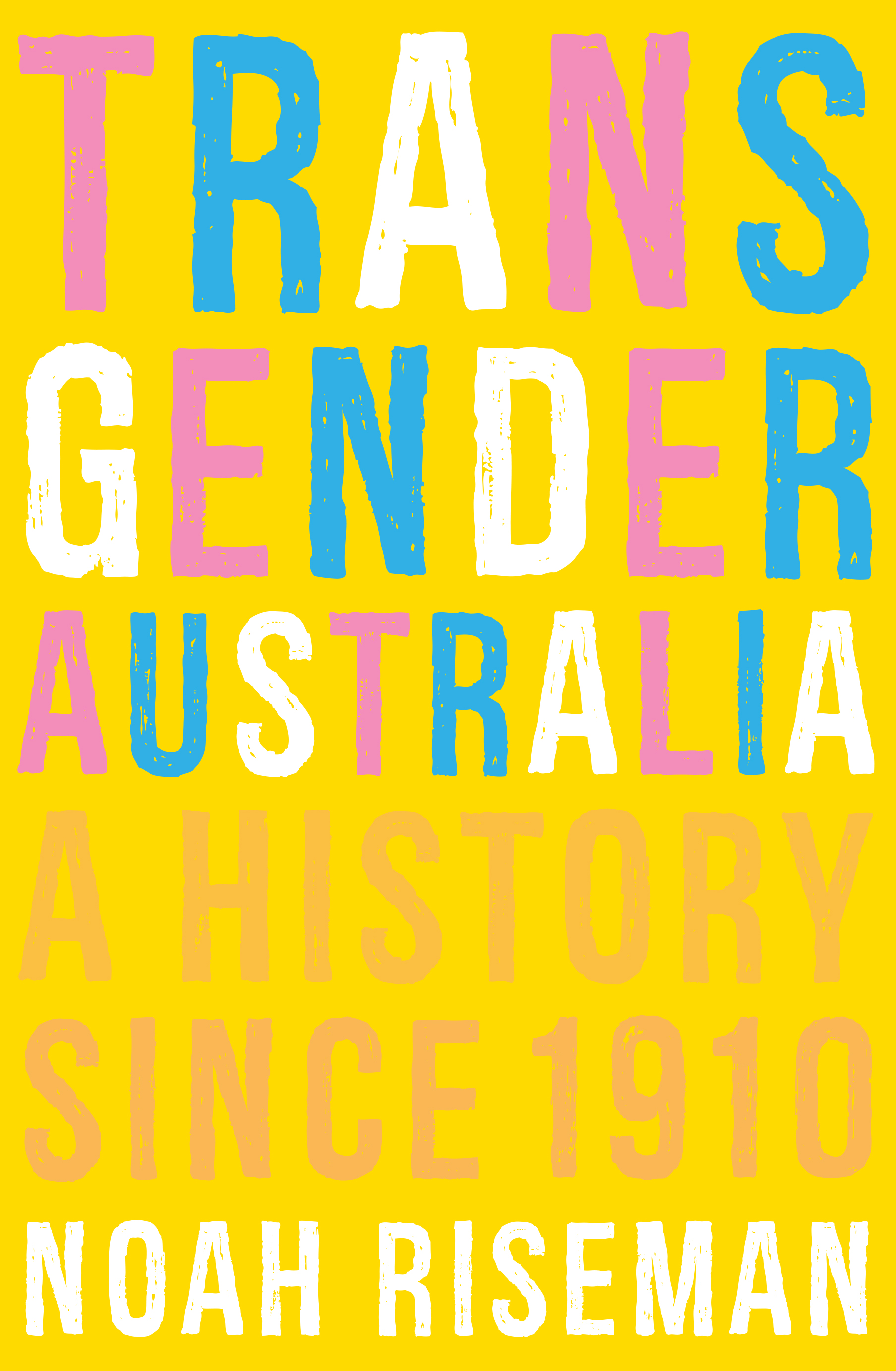


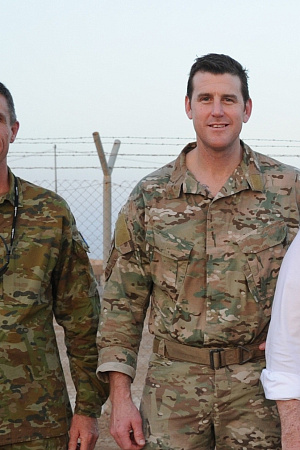
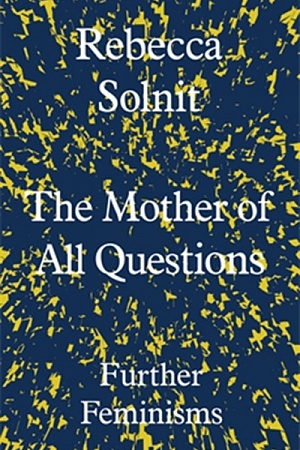
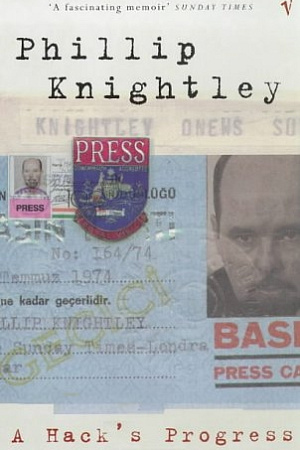
Comment (1)
Leave a comment
If you are an ABR subscriber, you will need to sign in to post a comment.
If you have forgotten your sign in details, or if you receive an error message when trying to submit your comment, please email your comment (and the name of the article to which it relates) to ABR Comments. We will review your comment and, subject to approval, we will post it under your name.
Please note that all comments must be approved by ABR and comply with our Terms & Conditions.